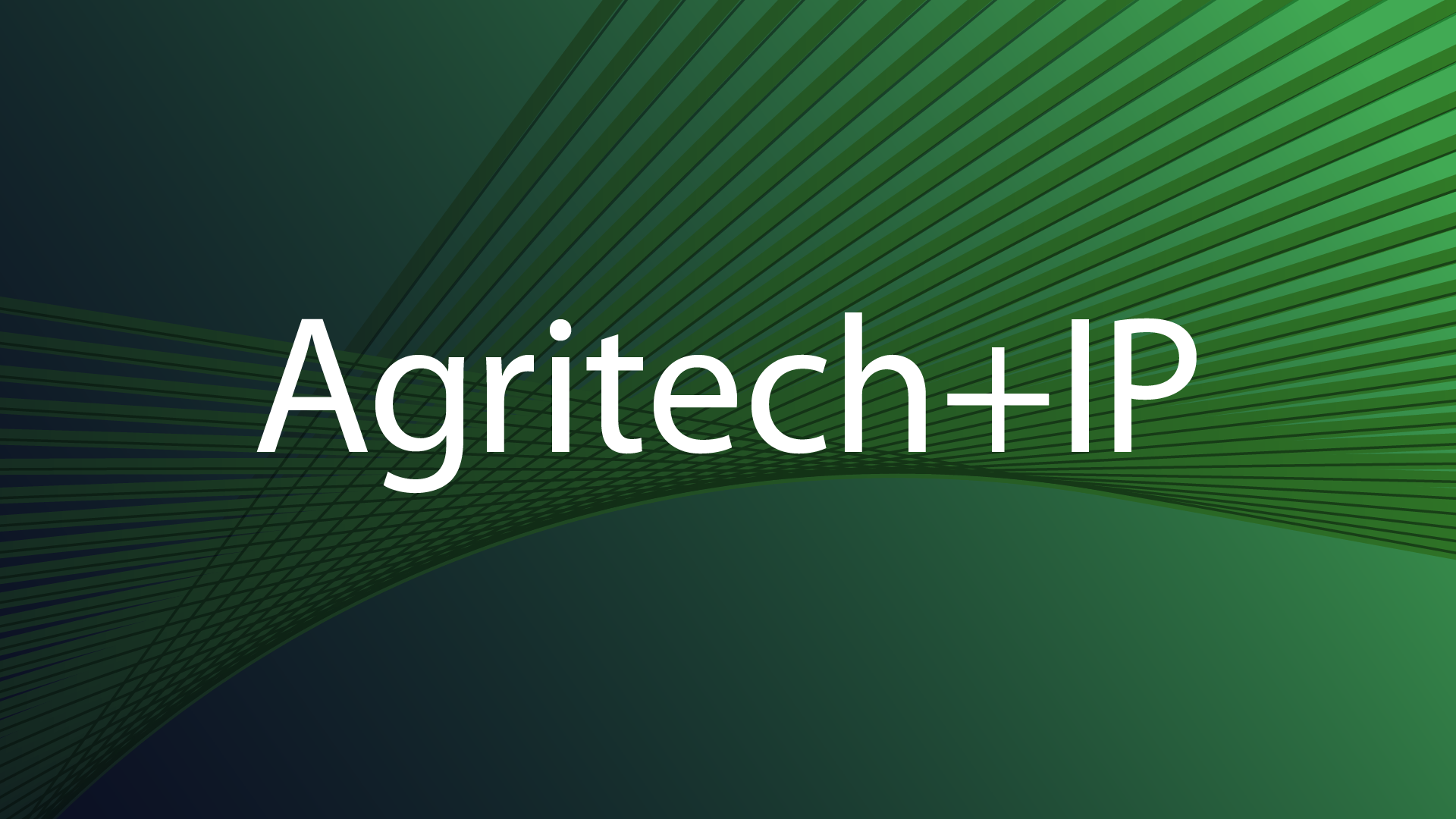Blogs
AI-Powered Personalised Medicine
September 2023
The integration of artificial intelligence (AI) into healthcare has ushered in a new era of personalised medicine, promising more effective and tailored treatments for patients. Traditional medical approaches often adopt a one-size-fits-all model, but AI-powered personalised medicine is changing the game by harnessing the power of data, machine learning (ML), and advanced analytics to create individualised healthcare plans.
Personalised medicine or healthcare, also known as precision medicine, is an approach to healthcare that customises medical decisions, practices, and products to the individual patient. The goal is to provide treatments that are more effective, minimise side effects, and optimise outcomes based on each patient’s unique genetic makeup, medical history, and lifestyle.
AI plays a pivotal role in personalised medicine by processing vast amounts of patient data, identifying patterns, and generating insights that aid in diagnosis, treatment selection, and prognosis. Here’s a few examples of how AI is revolutionising personalised medicine:
Data Analysis and Integration: AI algorithms excel at processing and integrating diverse data types, including genetic information, medical records, imaging, and wearable device data. This comprehensive view of a patient’s health allows for a more accurate and holistic assessment.
Genomic Medicine: AI is instrumental in analysing an individual’s genetic makeup. By identifying specific genetic markers and mutations, AI can predict disease susceptibility, select targeted therapies, and even predict the likelihood of treatment success.
Drug Discovery and Development: AI accelerates drug discovery by sifting through vast chemical libraries, predicting potential drug candidates, and assessing their safety and efficacy. This approach streamlines the development process, reducing costs and timelines.
Treatment Personalisation: AI can analyse patient data to identify the most suitable treatment options, including drug dosages and therapy regimens. This ensures that treatments are tailored to an individual’s unique needs, improving both effectiveness and patient compliance.
Disease Prediction and Prevention: AI models can predict disease onset by analysing patient data and recognising early warning signs. This allows for proactive interventions, lifestyle adjustments, and preventive measures.
Real-Time Monitoring: Wearable devices and sensors equipped with AI algorithms enable continuous health monitoring. These devices can detect abnormalities and alert healthcare providers and patients, enabling timely intervention.
These are examples of AI in personalised medicine. However, AI is also progressing innovation in healthcare more broadly too, as demonstrated by the Food and Drug Administration (FDA) in the US which has put together a list of AI/ML medical algorithms that are cleared for the market. So far, there are over 500 that have been cleared and the majority of these relate to medical imaging, for example, in diagnostics [1].
The Medicines and Healthcare Products Regulatory Agency (MHRA) has not published a similar list; however the UK government recognises the importance of AI’s role in future healthcare and announced in March 2023 that they are funding nine of the most promising AI healthcare technologies to accelerate research [2]. Similarly, in August 2023, the UK Government announced 22 projects that will receive funding to explore how to develop and use AI in healthcare. One of these projects (University of Oxford) relates to personalised healthcare where AI is used for clinical risk prediction to determine the likelihood of future health problems based on an individual’s existing conditions. The UK Government have also appointed two leading experts to take the lead on UK hosting the first major international summit on safe use of AI, Autumn 2023. [3]
The progression of medical technology in general is also reflected in the number of patent filings where medical technology was one of the main drivers of growth in patent filings at the EPO in 2022. Looking at the number of AI patent applications published by the EPO, this number has significantly increase over the last few years and in 2022 over 10 000 AI patent applications were published.
AI-powered personalised medicine represents a shift in healthcare, moving away from one-size-fits-all approaches, towards tailored treatments and interventions. By harnessing the capabilities of AI to analyse vast datasets and extract meaningful insights, healthcare providers can offer more precise diagnoses, treatment plans, and preventive strategies. As research and technology continue to advance, AI-powered personalised medicine will continue to reshape the way we understand and approach healthcare.
This article was prepared by HGF Patent Director Dr Sofie McPherson
































